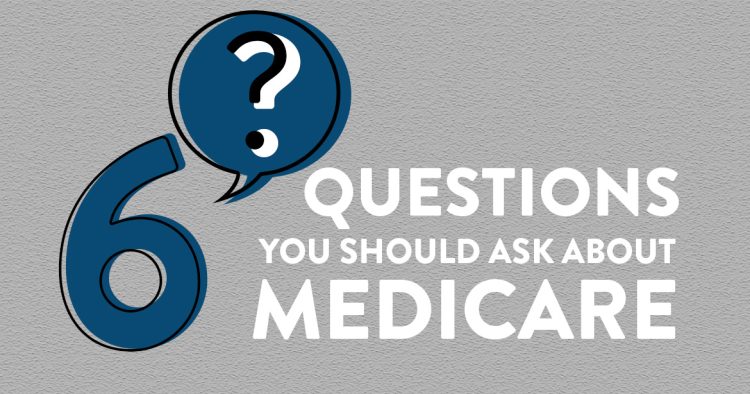
GenWealth Financial Advisors share their expertise once a month in personal finance and retirement planning. See the archive at www.mysaline.com/money-monday
It’s Fall y’all! That means two things, Pumpkin Spice Lattes… and Medicare because it’s time for the Annual Election Period. (What is that? You’ll see.)
Even if you aren’t old enough to be included in Medicare, this information is good to know before electing and may be helpful if your parents are Medicare age.
Here are the most common questions we get when talking to clients about Medicare:
1. What is Medicare?
- It’s a federal program that offers health insurance to eligible Americans.
2. Who can get Medicare?
- US Citizens and legal residents who have lived in the US for at least 5 years in a row, including the 5 years just before applying for Medicare.
- You must also be Age 65 or older, younger than 65 with a qualifying disability, or any age with a diagnosis of ESRD or ALS.
3. When is the Annual Election Period?
- October 15 through December 7th, 2021.
4. What does the Annual Election Period mean for you?
- You may add or drop Medicare Advantage and/or drug coverage or return to Original Medicare.
- If you choose to keep your current plan, there is no action needed, but you should check for any benefit changes under the plan.
- You may make more than one enrollment choice during the period, but the last one made before the end of the period will be the election that takes effect.
5. What is Original Medicare?
- Part A
- Covers hospital stays, skilled nursing facilities, hospice care, and some home health care
- Most people don’t have to pay a premium for Part A since they or their spouse paid into Medicare while working.
- Part B
- Covers medical service, outpatient care, medical items, and some preventive services
- Part B is optional and does have a monthly premium along with deductibles that must be met before Medicare will pay benefits.
- You may add:
- Part D, which is for prescription drug coverage
- Supplemental coverage
- This includes Medicare Supplement Insurance, often called “Medigap.” It helps pay the 20% gaps that Original Medicare does not cover.
- It can only be used with Original Medicare, not with Medicare Advantage.
- Some also use a former employer or union.
- Others use Medicaid.
6. What is Medicare Advantage?
- It is part of the government’s Medicare program, but it is offered and managed through private insurers. It is often referred to as “Part C.”
- It may offer plan extras not found in Medicare.
- In most cases, you must use health care providers who participate in the plan’s network, but some plans offer out-of-network coverage.
- You may choose a plan that includes drug coverage.
- You may also choose a plan with additional benefits like vision, dental, or fitness and wellness benefits.
- You may choose an HMO, offering lower or no premiums but less flexibility, or a PPO, which offers more flexibility on seeing specialists and on coverage out of network.
- You have a yearly limit on your out-of-pocket costs.
- You must be enrolled in Medicare Parts A and B.
- You must live in the plan’s service area to enroll.
Some Key Points
- Medicare does not cover all your health care costs.
- You have choices in how you get coverage.
- Your decisions affect the type of coverage that you get.
- Certain decisions are time sensitive.
We get it, Medicare can be confusing! If you or someone you know has questions or would like to meet with a licensed agent you can call 866-653-PLAN (7426) or click here to fill out our contact form and a GenWealth team member will reach out to you!


